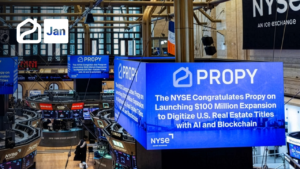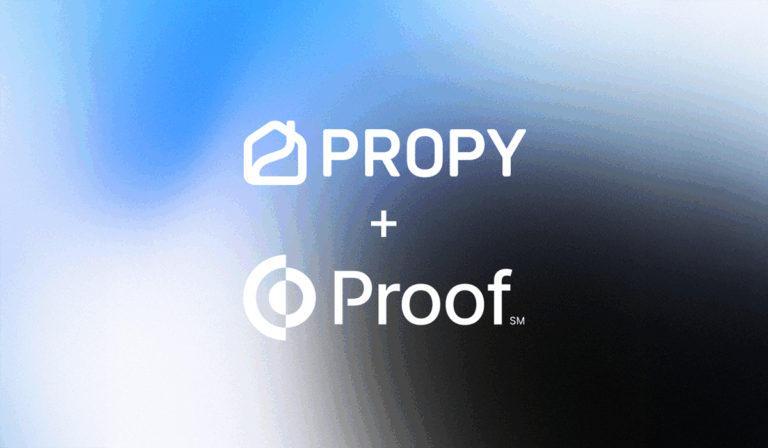
Much to the delight of annoyed baby boomers, the reign of millennials is finally over, as these millennials get older and move out of the mainstream media’s focus. However, in their place is the even more extreme Generation Z. Generation Z is incredibly different from the previous generation, especially in the realm of real estate. Let us analyze a few key differences.
What Are Millennial Real Estate Trends?
Baby boomers love to label millennials as lazy and spoiled. Now, millennials find themselves in a new position. According to the U.S. Census Bureau, first-time homebuyers are increasingly millennials. These millennials are starting to compete with baby boomers in the same neighborhoods. Statistics show that millennials prefer their homes to be in safe, walkable neighborhoods, with smaller home sizes and more opportunities for upgrades.
What if you thought that millennials were lazy? Well, due to the “DIY movement” on YouTube and similar sites, it turns out that millennials are much more interested in repairs and renovations than baby boomers thought.
Social media also continues to be a significant influence on how the millennial generation finds and purchases homes. On the other hand, Generation Z takes these traits to new extremes.
What Are Generation Z Real Estate Trends?
Despite being younger, Generation Z homebuyers strangely seem to be more mature than their millennial counterparts. Generation Z values homeownership and sees it as an ultimate life goal. Many members of this group expect that they will purchase their first homes between the ages of 26 and 30. Additionally, most Generation Z members rely heavily on their phones to perform research on purchases. As a result of these trends, we will likely see an increase in the number of online real estate market platforms as Generation Z approaches homeownership status.
Good Times Ahead for Real Estate
With both millennials and Generation Z members favoring homeownership and digital purchasing methods, we expect that online real estate platforms will increase in popularity. Further adding to this real estate revolution are advances in blockchain technology and automation, such as those seen on






